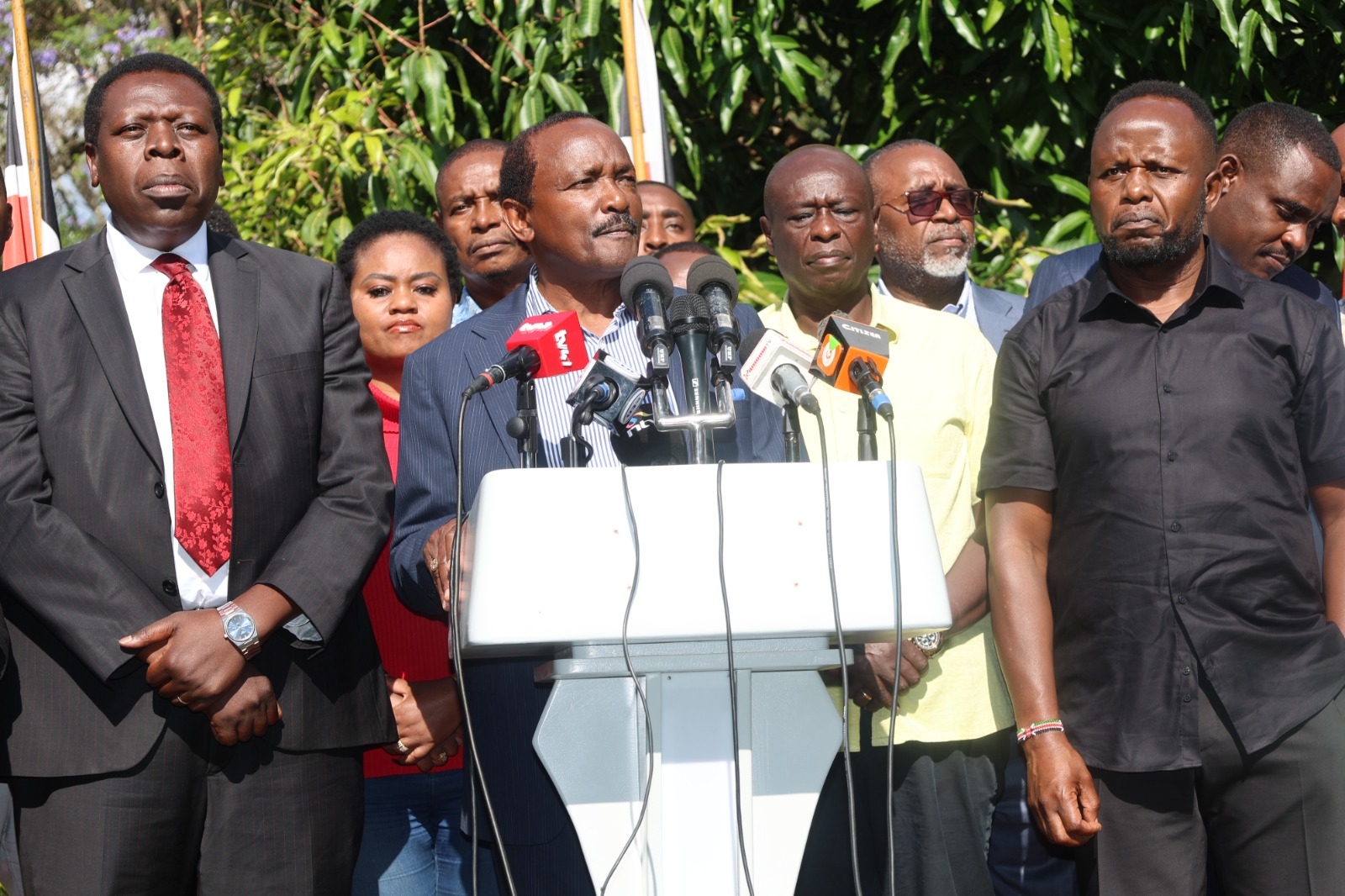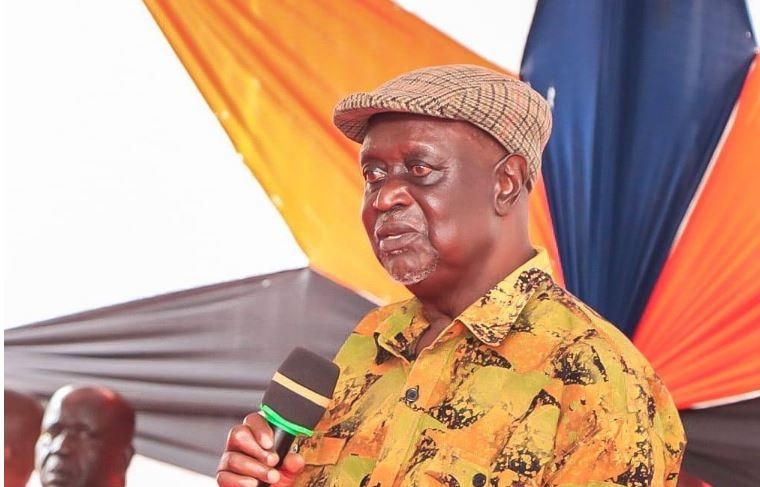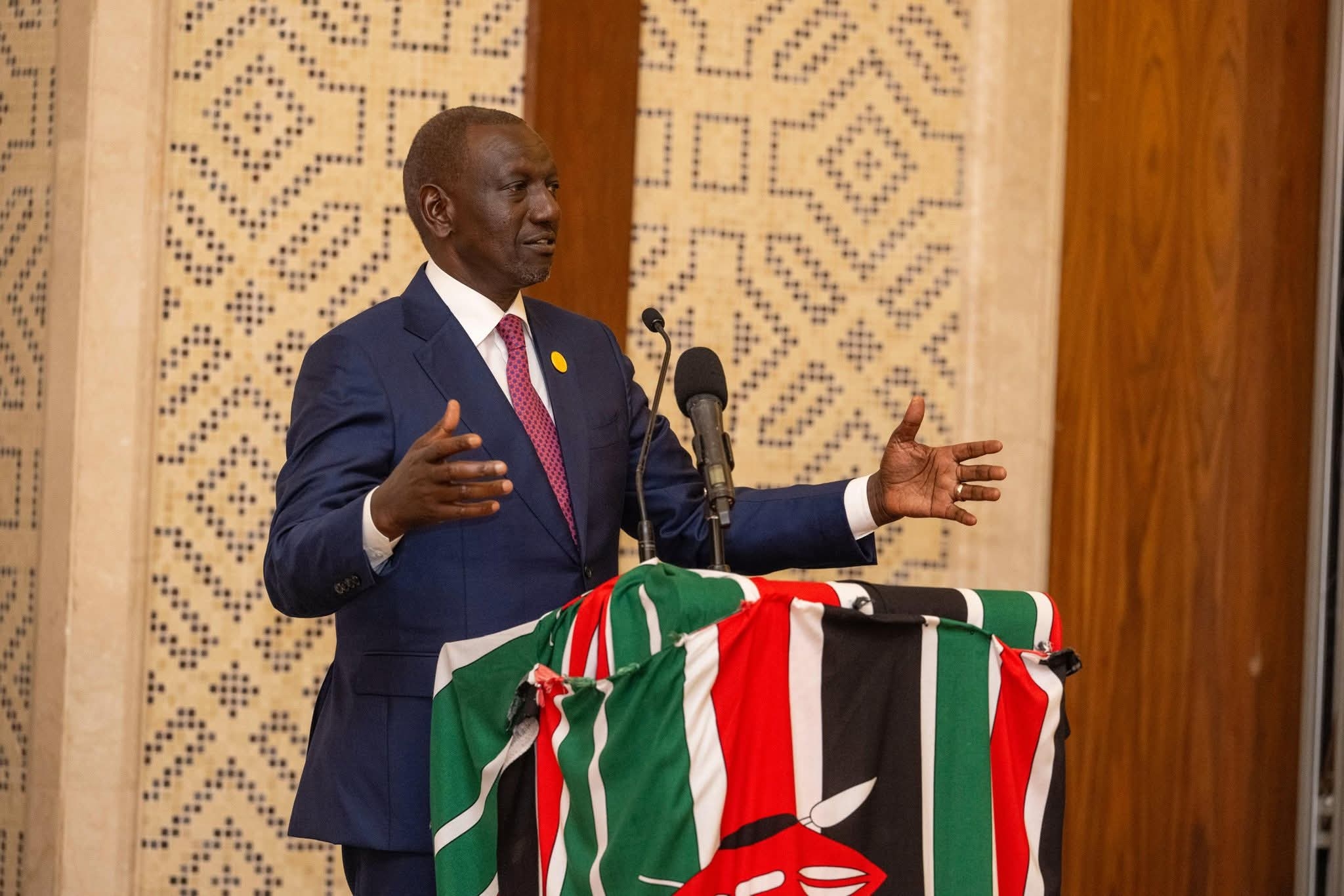According to the United Nations, there are an estimated 258 million widows around the world.
Of these, nearly one in seven – about 38 million, live in extreme poverty. Kenya has an estimated eight million widows, and is placed at position 33 in the list of countries in the world that have a harsh environment for widows.
Once widowed, many Kenyan women face challenges like retrogressive cultural practices and a largely patriarchal society that seems oblivious to their suffering.
Economic insecurity, social isolation plus physical and emotional abuse make them vulnerable to exploitation and marginalization.
Harmful traditional practices like widow inheritance and widow cleansing which are rampant among some societies, degrade and humiliate the women further.
Through the Bottom-Up Economic Transformation Agenda Plan, the Government recognizes that widows face enormous challenges. It has thus taken concrete steps to address them.
This year’s National commemoration in Vihiga district on June 23, will be officiated by First Lady Rachel Ruto. The President’s Advisor on Women's Rights Harriette Chiggai has convened the activity appropriately themed “Accelerating the Achievement of Gender Equality.”
Currently, the Government is working on strengthening existing laws like the Law of Succession Act, Marriage Act, and Protection Against Domestic Violence Act. This aims to provide better legal protection for widows' inheritance rights and safety. It will help prevent dispossession and ensure widows have a fair share of their deceased spouse's estate.
New policies and practical solutions are also being developed to eliminate the systemic violations of widows' rights. At the same time, Government funds like the Women Enterprise Fund (WEF) and Uwezo Funds are available and offer loans with extended repayment periods, particularly helpful for widows whose businesses may have been impacted by the death of their husbands.
Similarly, programmes like the Thamini Mjane loan programme specifically target widows, providing financial aid to start or expand businesses. This directly promotes the economic independence of widows, recognizing their role as caregivers and economic contributors.
However, there still exist gaps which must be addressed. While Government initiatives and programmes exist, many remain unaware of this fact. Thus, increased awareness creation and sensitization among widows on how to access and benefit from them, should be undertaken and implemented Countrywide in collaboration with stakeholders.
Additionally, there is need to expand access to financial services tailored to the specific needs of widows, including microloans and skills training programs. Investing in mental health initiatives that address the emotional and psychological well-being of widows, must be prioritized.
Similarly, promoting social inclusion by breaking down stigmas and fostering a supportive environment for widows to participate actively in their communities, is everyone’s duty.
Overall, the Government's approach to supporting widows involves a combination of legal reform, financial support programmes, and awareness initiatives.
Ongoing collaboration with stakeholders and addressing implementation challenges is thus crucial for creating a truly supportive environment for Kenyan widows.
Working closely with Non-State Actors and Community-Based Organizations at the County level is essential to bridge the gap between policy and real-world impact for Kenyan widows.
In her keynote address, Rachel Ruto lamented that despite strides made, significant gender disparities remain. Women are vastly underrepresented in leadership positions across politics, business, and other sectors. At the same time, the gender pay gap continues to be a major hurdle for women’s economic empowerment.
And violence against women, a horrific violation of human rights, continues to plague the Kenyan society. These inequalities, Rachel notes, not only harm women but hold back entire societies from reaching their full potential. Most especially widows previously dependent on their departed spouses.
The President’s Advisor on Women Rights Harriette Chiggai called on all stakeholders to join hands with the Government in creating a more supportive environment for Kenyan widows.
She pledged to continue investing in programmes that empower widows economically and socially and urged Civil Society Organizations to commit to offering advocacy and legal support.
Chiggai also asked families and local communities, to embrace widows and reject harmful traditions.
Worldwide, women and girls continue to face discrimination, violence and unequal opportunities. This is not just a moral failing, it is a social and economic injustice that holds us all back. The World Economic Forum's Global Gender Gap Report 2023 ranked Kenya 77th out of 153 countries, indicating a need for improvement across various aspects of gender equality.
Investing in girls' education is essential to break the cycle of poverty and empower future generations. But change will not happen overnight, it requires a shift in social norms. We need to challenge traditional gender roles and stereotypes that hold women back. There is need to empower women leaders and foster a culture of inclusion where everyone has the opportunity to thrive.
Together, we can dismantle the barriers that hold widows back. We can collectively empower young girls through education and awareness to create a future where widowhood is not synonymous with hardship.
In collaboration, we can ensure access to education, healthcare, and economic opportunities. We can create a society where women and specifically widows are valued, respected, and empowered to reach their full potential.
Let us use the momentum of this year’s commemoration, to build a future where every Kenyan widow can thrive!
Let us honor the memory of those who have passed by creating a future where their widows are not defined by loss, but by their strength, their resilience, and their unwavering spirit.
Faynie Mwakio, Office of the Women Rights Advisor



















